Deep breath in, Deep Breath out. In with healthy work environments, out with toxic ones! Ladies and Gentlethems—it’s time to talk about mental health because earlier this week kicked off with a very special day. World Mental Health Day happened this past Sunday, and it was created to raise awareness about mental health issues around the world and mobilize efforts in support of mental health.
1 in 5 adults report living with mental health problems but there is still a social stigma surrounding the transparent discussion of mental health. When there are humanitarian crises, the mental health of the public always declines. So throw together a little climate anxiety, political angst, and a pandemic to boot, and we’ve got ourselves a cocktail for poor mental health. Since we are a business, we figured it was our lane to talk about how workspaces can negatively or positively impact the mental health of their workers. Also, BKN Creative feels particularly passionate about mental health in the workspace.
Rightfully so, too, because you know what rivals the importance of productivity in the workspace? The mental health of the employees in that workspace. It’s challenging to work when the environment and expectations do not encourage quality performance from employees. While living and jobbing in the time of The Great Resignation, employers are learning firsthand the consequences of not taking measures against staff burnout. Workplace issues usually have relatively simple solutions, and we’re about to get into both.
Workplace Problems & Solutions
- High-stress culture: Nothing (or next to nothing) is ever done right or finished quick enough. The higher up steadily breathes down your neck about progress, quality, productivity, or edits. People get laid off seemingly at random. Turnover is high. The stakes feel high every day or most days. One time, at least according to Bob in Financial, the bossman ate the firstborn of an assistant when they forgot to book his weekly mustache trim.
If these things happen in a workspace, it leaves employees in a perpetual state of anxiety about their long-term stability or ability to perform their job.
Solution #1: Lower the stakes! Yes, getting all deliverables prepared by our deadlines can feel impossible, and meeting the expectations of whoever you serve is hard! But it is less productive for your employees to be in high-stress environments when they work.
- Unmanageable workloads: she’s pretty self-explanatory. Lots of work and not enough time to complete it all. This does not apply to mismanagement of time on the employee’s end. This is when 1 person is doing enough work for 3 people or a crew of 10 when you need 20.
It makes employees feel overworked and under-appreciated. Boooooo!
Solution#2: Be realistic. You KNOW when you’re giving too much work for one person to do. And if you don’t, you can draw that conclusion from the results and morale of your team. And if that doesn’t work, you should have an environment that makes it easy for employees to feel empowered to communicate directly. If there is a hiring freeze or fiscally it is not possible to hire at the moment, do everything in your power to support your staff. Reschedule whatever can be rescheduled, reduce anything possible, and pick up whatever you can. Prioritize with your team and move from there.
- Poor communication: Priorities are not communicated or micro-managed to the point where the work itself can’t get done. When jobs are not done well, this is not communicated to the worker, or it is shared in a condescending, irritable, and inserts personal attacks in with the criticism. Boss A insists on a procedure; Boss B recommends the opposite of Boss A; Boss C can’t be reached for clarity. They have not been seen in weeks and might have fled the country…
Poor communication leaves employees feeling lost or attacked. Neither one of these makes it easy for people to do their jobs, which employers pay them to do!
Solution #3: Speak honestly. Remember that honesty without kindness is brutality, and kindness without honesty is manipulation. It would be best if you had both honesty and kindness in your communication with employees. If you find yourself threatening an employee, implied or directly, think about what you’re trying to communicate with that threat. Think about times you’ve been in the position to be threatened. How would you have preferred to be spoken to? Yes, exactly, do that!
All of these solutions begin with the employer. It is your culture that employees work within! BKN Creative was founded with the idea of being the most positive workplace possible. Kevin and Brandon Tydlaska-Dziedzic co-founded our marketing and creative agency to operate as a family instead of a machine. There are regular check-ins to make sure employees are not feeling overwhelmed—that’s equal parts a highly collaborative environment, a real open-door policy, and trust. We trust one another to do our jobs. If any team member was struggling, they are trusted to communicate their needs honestly.
But what about people who couldn’t care less about the mental health of their employees?
Well, they’re foolish. It impacts physical abilities to complete job tasks about 20% of the time. It reduces cognitive abilities almost 35% of the time. It negatively affects job performance, communication amongst coworkers and costs an actual fortune to resolve. People will quit if you do not consider their needs and touch base with them as you would your newest employees. It is easy to assume that employees are “fine” when they are anything but. All relationships require maintenance and an employer/employee relationship is no different.
At BKN Creative and more and more workplaces around the globe, employees can take off for mental-health days. We have an open-door policy for concerns and frustrations and communicate directly about them as a team. This is where healthy relationships come into play. It has to be baked into the culture of your company that mental health matters. You can lead by example and be open with your staff when you’re struggling. It should be no less common to tell people you’re experiencing high levels of depression than it is to say you got food poisoning. Having either illness means that you cannot do your best and acknowledging those limitations is better than pretending they don’t exist.
90,000 hours we have on this Earth are spent at our jobs. Working doesn’t have to be the thing we’ve been conditioned to believe it is. It doesn’t have to be grueling, dreadful, or unpleasant. Every job will have its days, but it should have more benefits than drawbacks like anything else in life.


